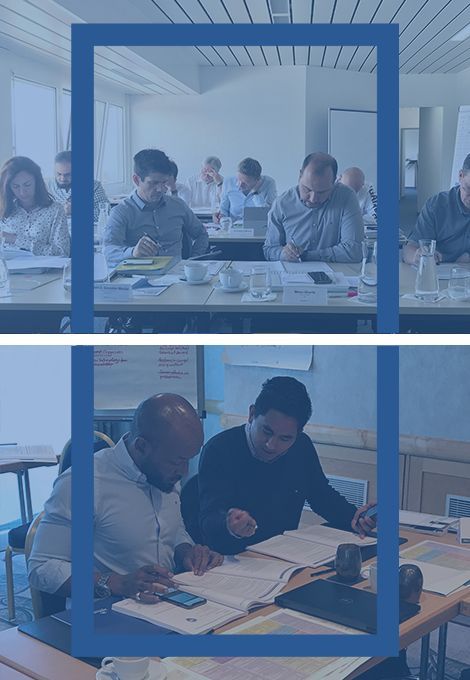Modules
- Course outline
- AIPMO
- Introductions
- Certification path, Different levels of exam & Sample foundation questions
- Definition of a consultant
- What is consulting
- Top tier consulting companies and what made them top
- Second Tier consulting companies
- History
- Trends in consulting - such as internal consulting
- Why hire consultants?
- Typical week
- Consulting lifestyle
- Networking
- IQ, EQ, MQ, TQ consulting profiles
- ISO 20700:2017 - Guidelines for Management Consulting
- Organizational challenges
- Why Frameworks are useful
- The complexities of the PPP and PMO environments
- History for Frameworks
- Difference between Frameworks, Models, Concepts, Techniques and Tools
- Examples of academic and practitioner frameworks Tools
- Internal/External
- How to define Consulting Services
- PMOs and Internal Consulting Department
- Capabilities to carry out consulting services
- Sustainable consulting Services
- Definitions
- Problem solving approaches
- Which ones to use when
- Dangers of using well known techniques that cause type 2 errors
- Success factors/Success Criteria
- Using the McK approach
- Introduction
- Business need
- Case study
- Definitions
- Value of Frameworks
- Understanding/Implementation view of ‘frameworks, models, concepts, techniques and tools
- What are standard frameworks
- How to categorize frameworks depending on area of interest
- Process to identify and select a standard framework as part of the Strategic Problem solving model
- Success factors and Success Criteria
- Reviewing the consulting framework project – assessment form
- Introduction
- The way consulting companies build frameworks
- The dangers of PowerPoint 'SmartArt Graphics '
- Methodology to build your own
- Applying the framework
- Success factors of applying custom frameworks
- Hints and tips
- What are consulting packs
- Why are they useful
- Who uses them?
- Examples of consulting packs
- Organizational Frameworks
- Operational Effectiveness
- Strategy Development
- PPP and PMO Effectiveness
- Maturity Development PPP and PMO
- What is a register
- Examples of registers
- Why is it important
- Consulting Framework register
- Getting to the facts as a basis of developing frameworks
- Sources of resistance
- Where to go for advice
- What is known in the firm, both uncodified and codified knowledge.
- Developing meaningful Knowledge Management codification systems is ensuring accurate and timely data availability
- Taking assumptions for granted
- Evolution of frameworks
- Revision and Exam
Each of the certification categories serve a different purpose. The first category “PMO Core Certifications” shows that you have the competencies to design and build a service-orientated PMO with services that are needed by your project community. At the top-level (Expert) certification, you will have to show that you have the competencies to design and build one or more PMOs (called PMO topologies) within an integrated PMO Services topology. The second category of courses, called “Foundational certifications,” comprise of three certifications that are needed by everyone irrespective of whether you are a PMO or project team member or a PM/O director. The foundational courses are the techniques and tools of a trade, so they are needed by everyone including project professionals. The third category of certifications is called the “Specialist” certifications because they directly relate to the ability to offer PMO services. If a PMO service is planned, then the PMO needs to have the capability to offer them. There are over 20 specialist courses at the time of writing. These courses are also needed by project team members.










